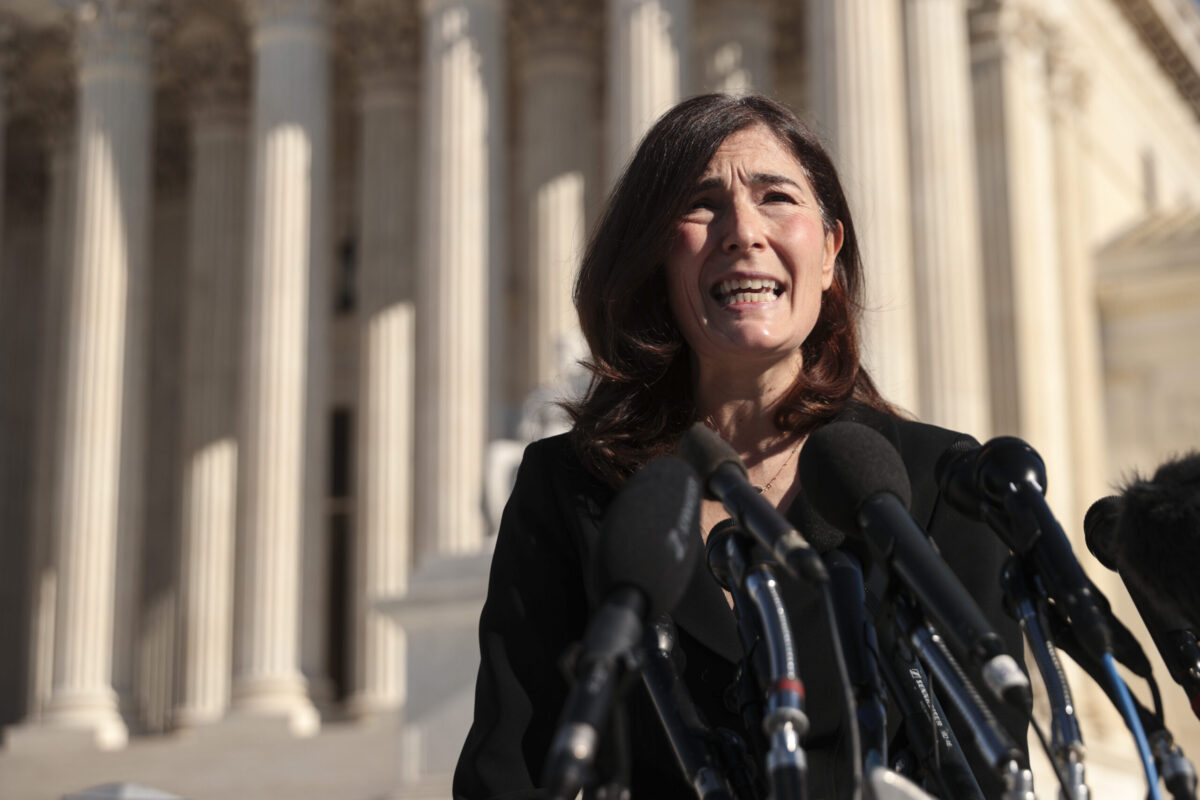Daniel McCarthy: Pope Benedict is Defender of Sacred Tradition
Who could possibly emulate Pope John Paul II?
In 2005 the College of Cardinals in Rome faced the daunting task of selecting John Paul’s successor. The Polish pope had reigned for nearly 27 years and played a pivotal role in ending communism’s tyranny in Eastern Europe.
He was the charisma of a rock star And the mind of an intellectual. Conservatives loved him but JPII was also a great modernizer of Church. His successor would step into his shadow — and have to deal with the greatest failure of his pontificate, the horrific sexual abuse scandals plaguing the faith.
Cardinal Joseph Ratzinger prayed he wouldn’t be chosen. He was in many ways John Paul’s right-hand man, prefect of the Congregation for the Doctrine of the Faith for nearly a quarter century and the logical choice to solidify John Paul’s legacy. Yet Ratzinger was 78 and feared he was too old to complete his friend’s unfinished work.
Ratzinger was chosen by the college and made Pope Benedict XVI.
Conservatives — and not just Catholic ones — were thrilled. Liberals were horrified and protested when Benedict offered the Traditional Latin Mass more widely.
Benedict tried to heal wounds that had been left from the ecclesiastical revolutions of Vatican II. He spoke no words about the “filth” That perpetrated sexual abuse within Church.
He was also charged with the religious controversies that arose after the September 11 attacks.
Is faith the cause of violence and fanaticism in some cases? Is Christianity a form Western imperialism? As Islamists or liberal postmodernists insist, Christianity?
In a short speech at the University of Regensburg on Sept. 12, 2006, Benedict gave a brilliant defense of Christianity as a religion of reason as well as revelation — a religion of persuasion, not conquest, and a teacher of objective morality in an age when science had become merely empirical.
The Regensburg lecture caused controversy and was misunderstood as an attack on Islam. It was actually an affirmation of Socratic philosophy and the Catholic faith. The message was universal. This was the heart of Benedict’s pontificate and of Ratzinger’s life’s work.
His website is death on New Year’s EveBenedict, a Benedictine monk, was well-known by many outsiders, but not enough within the Church for his exemplary work in establishing and maintaining the Church. resigned the papacy in 2013 — the first pope to do so in nearly 600 years. Although his admirers were shocked, Benedict knew exactly what he was doing. He was aware of his age and understood that the future pontiffs could also be too old to hold the office. He established a precedent that would guide them.
However, Benedict XVI is not to be remembered as the pope who resigned nor as an epilogue of the great John Paul II. Benedict was a champion of faith — against fanaticism and cold materialism alike.
Modern Age: A Conservative Review is edited by Daniel McCarthy.
" Conservative News Daily does not always share or support the views and opinions expressed here; they are just those of the writer."





